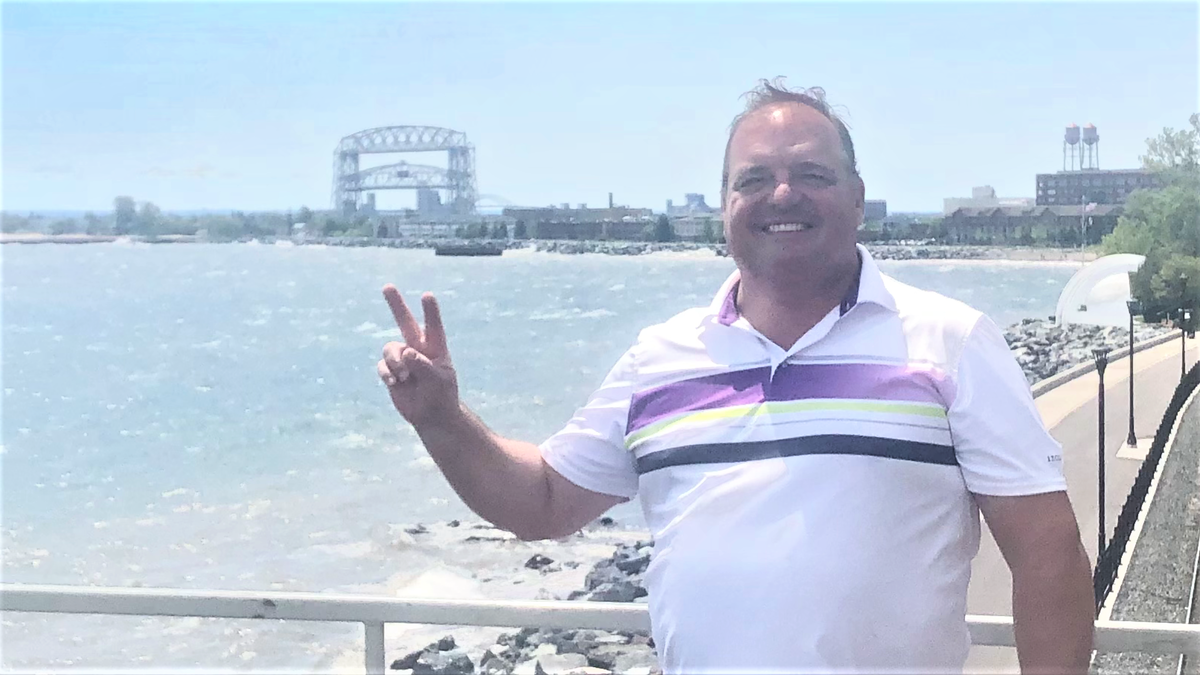“Businesses often have big dreams,” he said. “NRRI’s testing and research enables better feasibility analysis which allows for better credit-making decisions. This is especially useful for our financial assistance programs for economic development projects.”
Lambrecht is manager of Economic Development Services at Great River Energy in Maple Grove, Minn., an electric generation and transmission cooperative. His economic development team helps its members enhance their economic opportunities with financial assistance, site selection, program marketing and community development.
NRRI: Can you point to major contributions that NRRI delivers to industry, the environment and Minnesota communities?
Lambrecht: NRRI is a tremendous resource for new and emerging businesses. The tailored research provides real life information that is very valuable to those clients, but also helps to shape the entrepreneurial and innovation required for the natural resources industry to develop sustainable products and businesses widely. As the world adapts to climate change, NRRI’s research on power generation, water conservation and efficient use of our forest resources is very important. It will contribute to community vitality and enable Minnesota find solutions needed for our changing environment.
NRRI: You’re the newest member to NRRI’s Advisory Board. What have you learned in this role over the past four years?
Lambrecht: I knew of NRRI’s work through interactions with the Arrowhead Growth Alliance and other regional initiatives. I’ve been Impressed with the vital role NRRI plays in numerous industry studies, including for some of our Great River Energy projects in Southern Minnesota, and working with us on research in the energy sector.
NRRI: Any surprises or new perspectives gained?
Lambrecht: Coming on, I was unclear about NRRI’s funding mechanisms. The current structure of the Board helps me speak to the institute’s mission to stakeholders seeking assistance or new technology assistance in natural resources industries. I really enjoy learning about the opportunities and relationships that NRRI relies on for NRRI’s programmatic success.
NRRI: Let’s say money is no object. What should NRRI do better? Where are NRRI’s opportunities?
Lambrecht: Get the story out. Research funders and political stakeholders are key to maintaining adequate funding, of course. But there are still many organizations and businesses that aren’t aware of NRRI’s great contributions, especially outside Northeast Minnesota. Being integrated into the University of Minnesota research enterprise, especially taking advantage of the connections within the Office of Technology and Commercialization, is the best way to gain broad awareness. As NRRI engages in more of a focus on branding and marketing, I look forward to seeing more visibility and recognition for their work.
